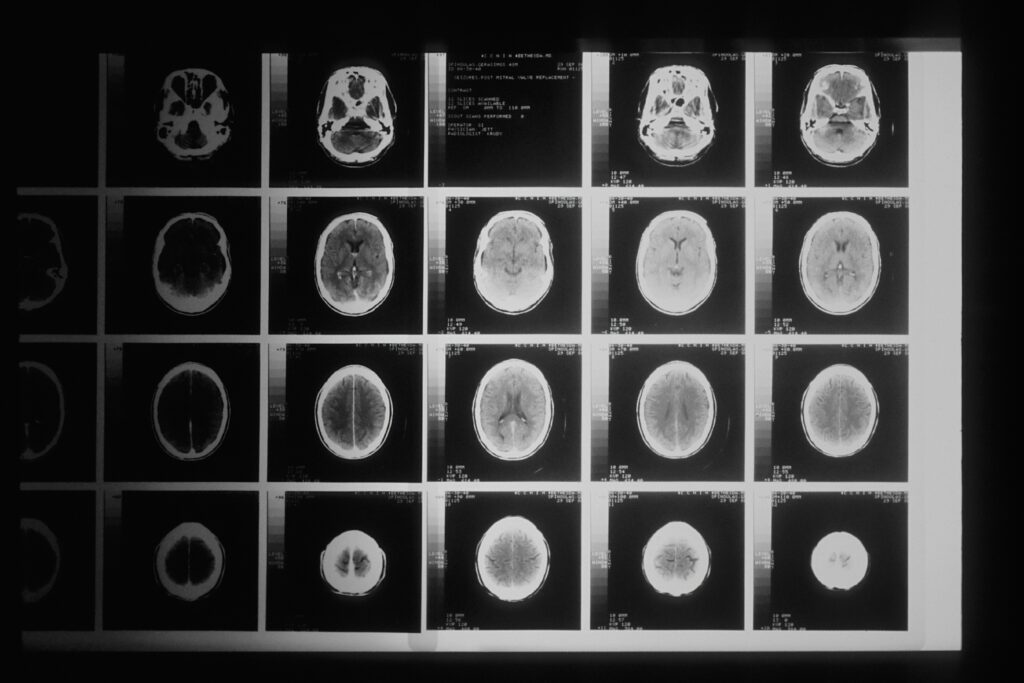Diabetes and Associated Autoimmune Diseases
Diabetes and Associated Autoimmune Diseases

Being diagnosed with Type 1 Diabetes is an autoimmune disease that the body sees its own tissue (or beta cells of the pancreas) as foreign invaders and attacks itself. It’s rare, but there is other autoimmune disease that you may be diagnosed with later on. It’s better to be educated on these diseases and what the initial symptoms are so you can know the danger signs and seek treatment if they occur. Genetics seem to play an important role in the chances of developing autoimmune diseases so if you know of a history in your family of one of these mentioned below please discuss this with your doctor so they can perform the necessary tests to make sure you aren’t suffering from one of these conditions as well.
♦ Celiac Disease – an immune diseasein which people can’t eat gluten because it will damage their small intestine. If you have celiac disease and eat foods with gluten, your immune system responds by damaging the small intestine. Gluten is a protein found in wheat, rye, and barley.
abdominal pain
chronic diarrhea
vomiting
unusually unstable blood glucose levels
weight loss, fatigue, irritability
bruising easily
itchy skin rash
growth problems (in children)
loss of bone density or anemia (in adults)
N.B. SOMETIMES YOU CAN BE ASYMPTOMATIC AND STILL HAVE CELIAC DISEASE
♦ Thyroid Disease – a medical condition that keeps your thyroid from making the right amount of hormones. Your thyroid typically makes hormones that keep your body functioning normally. When the thyroid makes too much thyroid hormone, your body uses energy too quickly. This is called hyperthyroidism.
weight gain
constipation
memory fog
bradycardia
hair loss
menstrual irregularity, especially heavy periods and infertility
depression
cold sensitivity
muscle pain
lethargy in more severe cases
weight loss
tachycardia
irritability
lethargy or weakness
goiter, or enlarged thyroid, which causes a feeling of fullness in the throat
heat intolerance
nervousness
diarrhea
trembling
insomnia

♦ Multiple Sclerosis – (MS) is a potentially disabling disease of the brain and spinal cord (central nervous system). In MS , the immune system attacks the protective sheath (myelin) that covers nerve fibers and causes communication problems between your brain and the rest of your body.
difficulty walking
weakness
loss of balance
numbness or tingling
spasticity
fatigue
cognitive difficulties
vision problems
blurry vision
pain in eye movement
numbness
tingling in face
pain
depression
♦ Lupus – is a systemic autoimmune disease that occurs when your body’s immune system attacks your own tissues and organs. Inflammation caused by lupus can affect many different body systems — including your joints, skin, kidneys, blood cells, brain, heart and lungs
fatigue
butterfly rash on face
photosensitivity
shortness of breath and/or chest pain
fever
headaches or neural issues
Secondary Raynaud’s
susceptibility to infection
kidney problems, especially when found in conjunction with Type 1 diabetes
anemia
♦Gastritis – is a general term for a group of conditions with one thing in common: inflammation of the lining of the stomach. The inflammation of gastritisis most often the result of infection with the same bacterium that causes most stomach ulcers.
♦ Anemia – is a condition in which you lack enough healthy red blood cells to carry adequate oxygen to your body’s tissues. Having anemia can make you feel tired and weak. There are many forms of anemia, each with its own cause. Anemia can be temporary or long term, and it can range from mild to severe.
weakness
trouble concentrating
shortness of breath
leg cramps
headache
heart palpitations
insomnia
paleness
♦In severe cases, severe B12 deficiency – If you have vitamin B12 deficiency, you could become anemic. A mild deficiencymay cause no symptoms. But if untreated, it may lead to symptoms such as: Weakness, tiredness, or lightheadedness. Heart palpitations and shortness of breath.
paresthesia
stiff muscles
peripheral neuropathy
dementia
♦ Addison’s Disease – also called adrenal insufficiency, is an uncommon disorder that occurs when your body doesn’t produce enough of certain hormones. In Addison’s disease, your adrenal glands, located just above your kidneys, produce too little cortisol and, often, too little aldosterone.
muscle weakness or pain
hyper-pigmentation of skin
fatigue
hyperpigmentation
mood irregularity
salt cravings
weight loss and loss of appetite
low blood pressure
nausea and/or diarrhea
abdominal pain
lower back and/or leg pain
♦ Vitiligo – a condition in which the skin loses its pigment cells (melanocytes). This can result in discolored patches in different areas of the body, including the skin, hair and mucous membranes.
milky-white patches of skin (pigmentation)
premature whitening of hair
loss of color of inside of mouth
loss of color in retina
♦ Autoimmune Arthritis – is the name given to a group of arthritistypes where a person’s immune system attacks itself. The most common example is rheumatoid arthritis. When the immune system attacks itself, the result is inflammation in a joint that can cause pain, stiffness, and mobility problems.
fatigue
joint pain, tenderness, swelling, redness, or warmth
lost range of motion or function in joints
anemia
fever
limping
These are only a few of the many autoimmune diseases that could be linked with having Type 1 Diabetes. There are others that could be liked to Type 2 Diabetes, but I did not go into detail about those. For more information on any of these diseases please check out sources like Web MD and especially talk to your own medical team like your endocrinologist or your general practitioner. They can explain these conditions in full detail and what your chances of having them would be more accurately. Also be aware that a common treatment for these other autoimmune disorders is steroids. These may cause your blood glucose to run high. Please don’t start on any medical treatments without being officially diagnosed by your doctor. Always consult your doctor before making any changes to your health care routine or diet. Also note that researching things on the internet may not always be reliable, take everything in with a grain of salt and rely mostly on your doctor’s knowledge and expert advice.